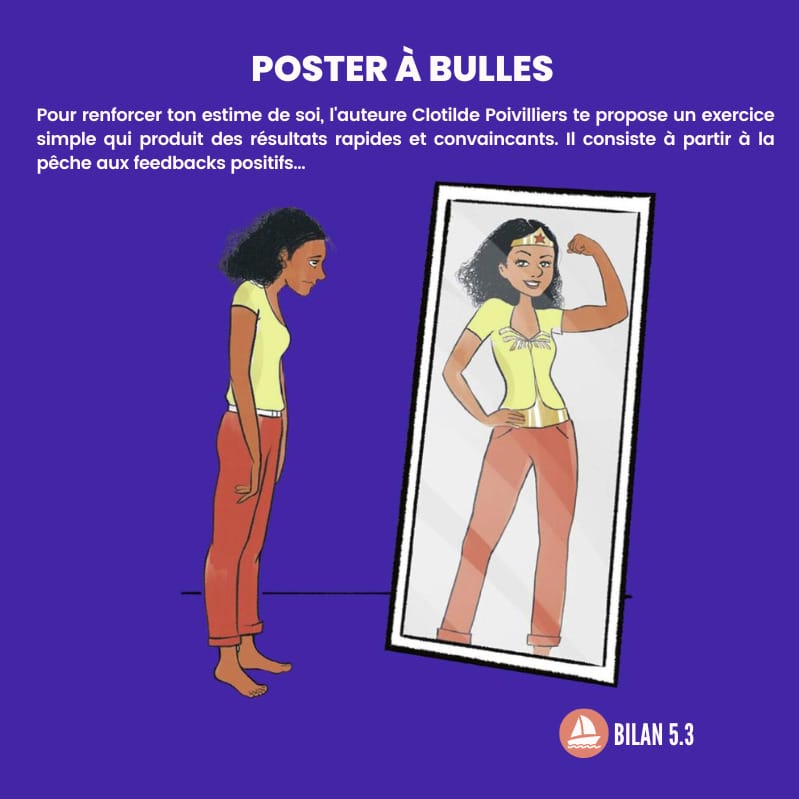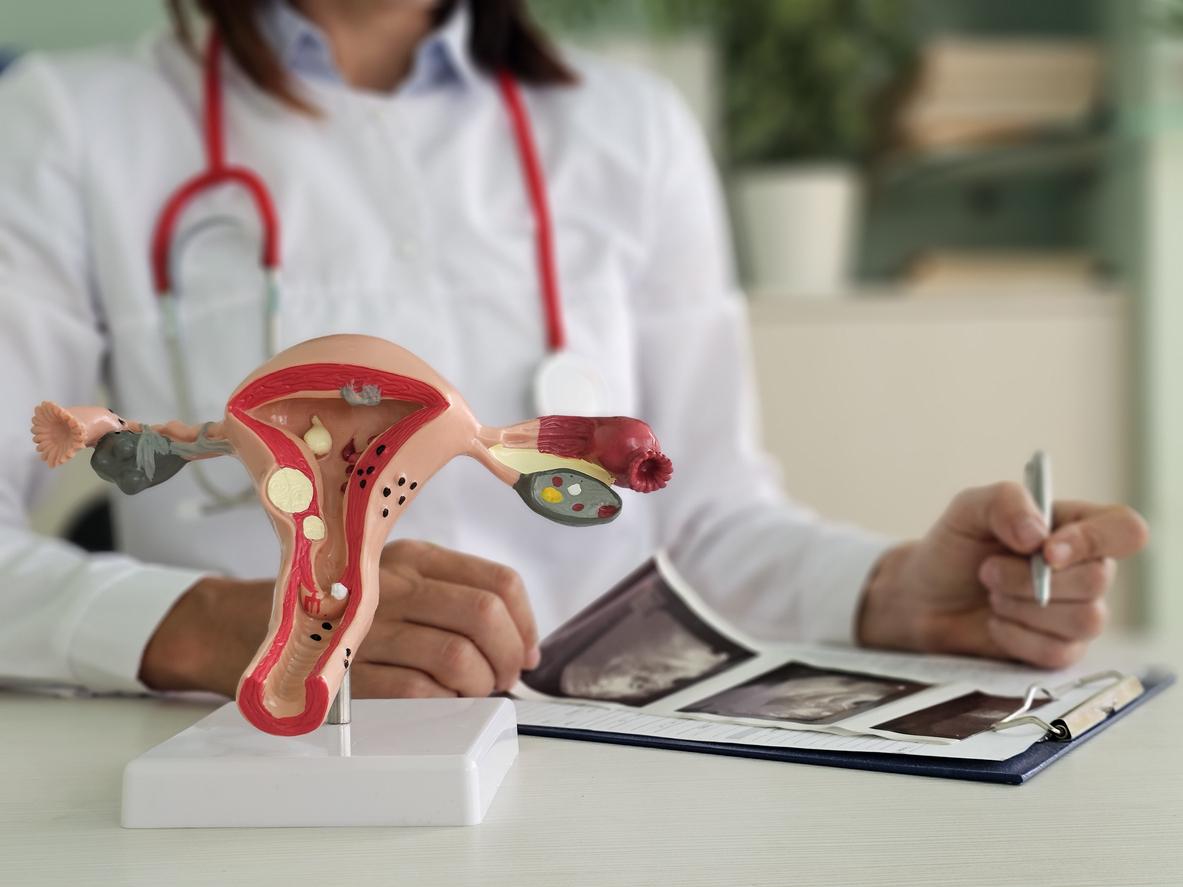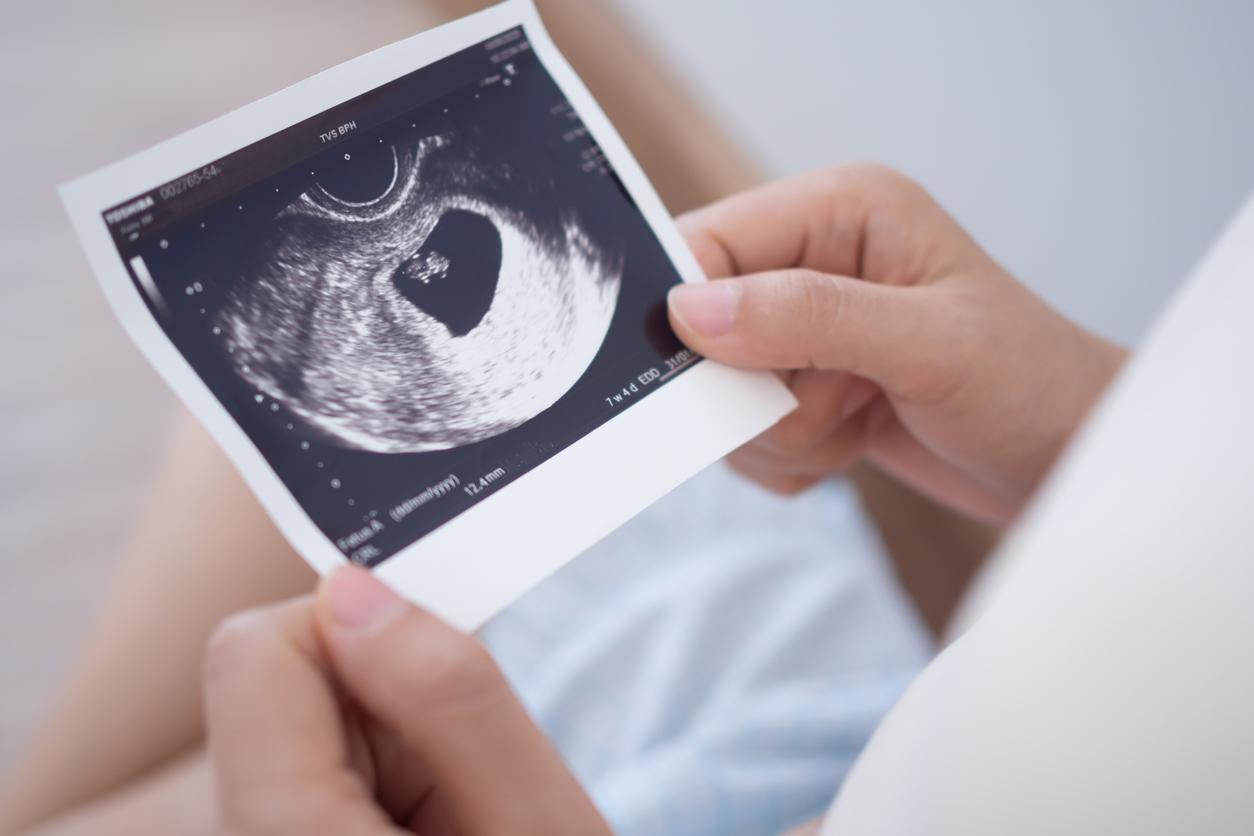Climate change is already having a noticeable impact on our health. Medically vulnerable adults are exposed to heat waves, cities are in a state of extreme pollution responsible for premature death, mosquitoes are thriving and their capacity to transmit disease is increasing … and it seems that this warming is also a threat. for male fertility, according to a study published on November 13 in the review Nature Communications.
Indeed, according to researchers from the University of East Anglia (UEA, United Kingdom) in charge of the study, heat waves damage sperm, which would have negative effects on fertility from generation to generation. the other. This would explain in particular why climate change has had such an impact on populations of species and biodiversity.
Half less descendants
To come to these new findings, the research team studied red mealworms (Tribolium castaneum), beetle insects. These were exposed to standard conditions, or five-day heat waves that were 5 ° C to 7 ° C above their ideal temperature. Experiments then assessed the potential damage to reproductive success, sperm function, and the quality of the offspring.
In the end, the heat waves halved the number of offspring that the males could produce. A second heat wave even almost sterilized them. Their sperm production was reduced by three-quarters, and all the sperm produced had difficulty migrating into the female genital tract and were more likely to die before fertilization. But this warming also had an impact on the sexual behavior of the males: they mated half as much as those in the control group. Females, on the other hand, were not affected.
And the offspring of these insects were also impacted. The offspring of specimens exposed to heatwave conditions were less able to fertilize a range of potential mates and in turn produced fewer offspring.
“ It is believed that beetles make up a quarter of biodiversity. These results are therefore very important for understanding how species react to climate change., declares on the University website Professor Matt Gage, research group director of the UEA School of Biological Sciences. Research has also shown that heat shock can also interfere with male reproduction in warm-blooded animals and lead to sterility in mammals ”. Humans could therefore be directly affected by this phenomenon.
Read also :
- Male fertility: it continues to decline in Europe and America
- Sharp drop in the birth rate around the world
















